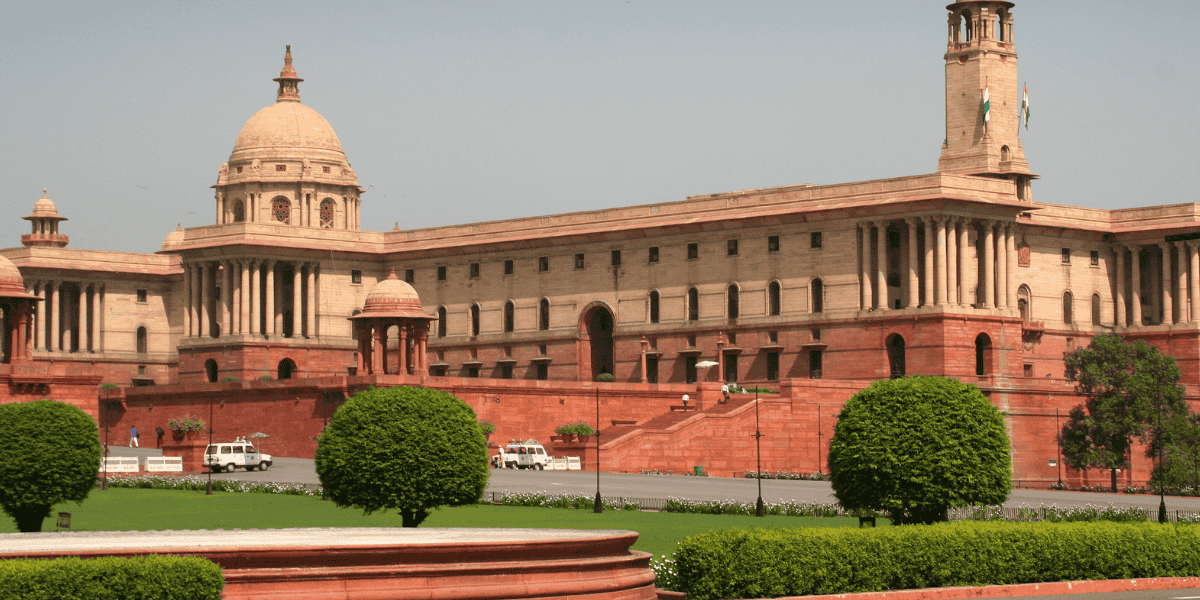Indian Finance Minister published India’s 2017-18 budget on 1 February 2017. Along with other measures, the budget has proposed following important amendments to the provisions of transfer pricing (TP) regulations of India:
–A major proposal in the budget is the introduction of rules which would, effective April 2018, limit interest that can be deducted in computing a company’s profit for tax purposes. The move is aimed at bringing India’s tax regime in line with the recommendations contained in Action 4 of the OECD/G20 base erosion and profit shifting (BEPS) project, which are primarily designed to target cross-border profit shifting through excessive interest payments, and as a result, protect the tax base.
–Transfer pricing documentation and certification requirements with respect to expenditures involving domestic related parties would no longer be required. Transaction between related parties that are “tax neutral” would not be subject to the transfer pricing rules (from FY 2016-2017 onwards)
–A new section will be introduced to provide for secondary adjustments similar to OECD Transfer Pricing Guidelines. In order to align India’s transfer pricing provisions with the OECD Transfer Pricing Guidelines and international best practices, India’s 2017-18 budget proposes to insert a new section 92CE in the IT Act to provide that a taxpayer would be required to carry out a secondary adjustment where a primary adjustment to transfer price has been made in certain stipulated circumstances.
–There would be new penalty provisions for furnishing incorrect information.
–The time for completing assessments would be reduced from 21 months to 18 months starting with AY 2018-19, and beginning for AY 2019-20, the time limit would be 12 months from the end of the year of assessment in which the income was first assessable.














